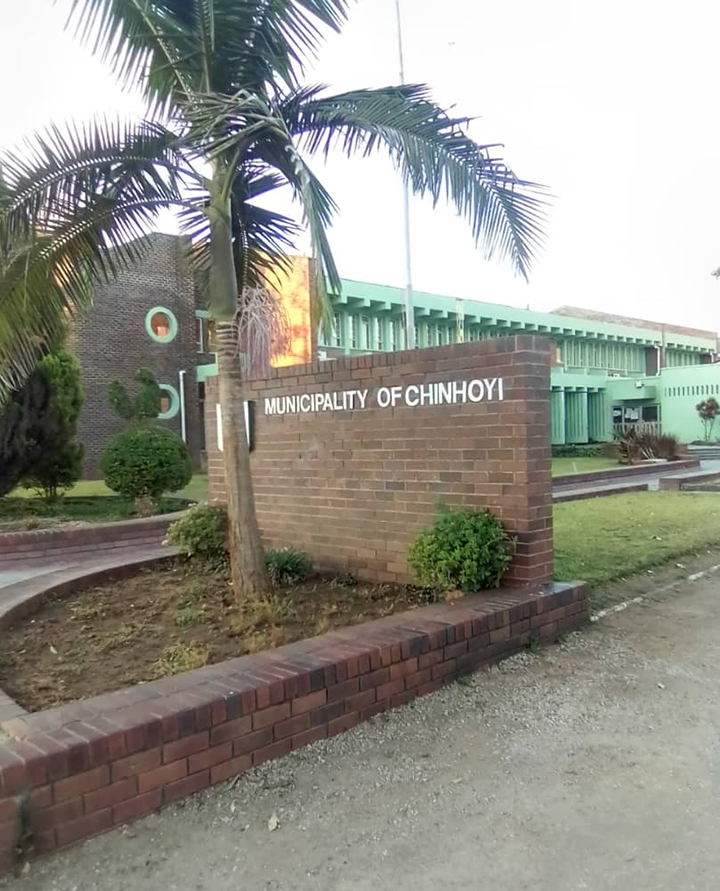- Community, Environment and Society
- No Comment
Second Zimbabwean city added to UNESCO Global Network of Learning Cities

By UNESCO
Chinhoyi, a farming and college city just about 120 Northwest of Harare, has been added to the UNESCO Global Network of Learning Cities (GNLC) in recognition of its outstanding efforts to make lifelong learning a reality for all at the local level.
The announcement was made today during a high-level virtual event “Empowering Learners of All Ages: UNESCO Learning Cities Transform Lives”.
A total of 64 cities from 35 countries were announced today bringing the total number of GNLC members to 356 from 79 countries.
Chinhoyi becomes the second city, after Kwekwe, to be added to the UNESCO Global Network of Learning Cities.
The UNESCO Global Network of Learning Cities is an international network comprising cities that successfully promote lifelong learning across their communities.
The new learning cities were added to the network on the recommendation of a jury of experts. A strong commitment to lifelong learning by the mayor and city administration and a track record of good practices and policy initiatives are key prerequisites for becoming a learning city.
“Cities are key to transforming the right to education into a tangible reality for individuals of all ages. With the new admissions, the network now includes 356 member cities from all around the world that share know-how and pave the way for lifelong learning opportunities for 390 million citizens.
Chinhoyi emphasizes a holistic approach to urban development and city welfare. The city’s long-term objectives target sustainable growth, infrastructural enhancement, environmental conservation and improved service delivery.
Priority areas include youth empowerment through skills training and infrastructure, women’s empowerment with a focus on gender-based violence reduction and health care access, drug abuse mitigation strategies, interventions to address gender disparities in education, and measures to improve water and sanitation facilities.
UNESCO defines a learning city as a city that effectively mobilises its resources in every sector to promote inclusive learning from basic to higher education; revitalises learning in families and communities; facilitates learning for and in the workplace; extends the use of modern learning technologies; enhance quality and excellence in learning and foster a culture of learning throughout life.
 Cities included in the network can benefit greatly from the exchange of ideas and solutions for development with other cities.
Cities included in the network can benefit greatly from the exchange of ideas and solutions for development with other cities.